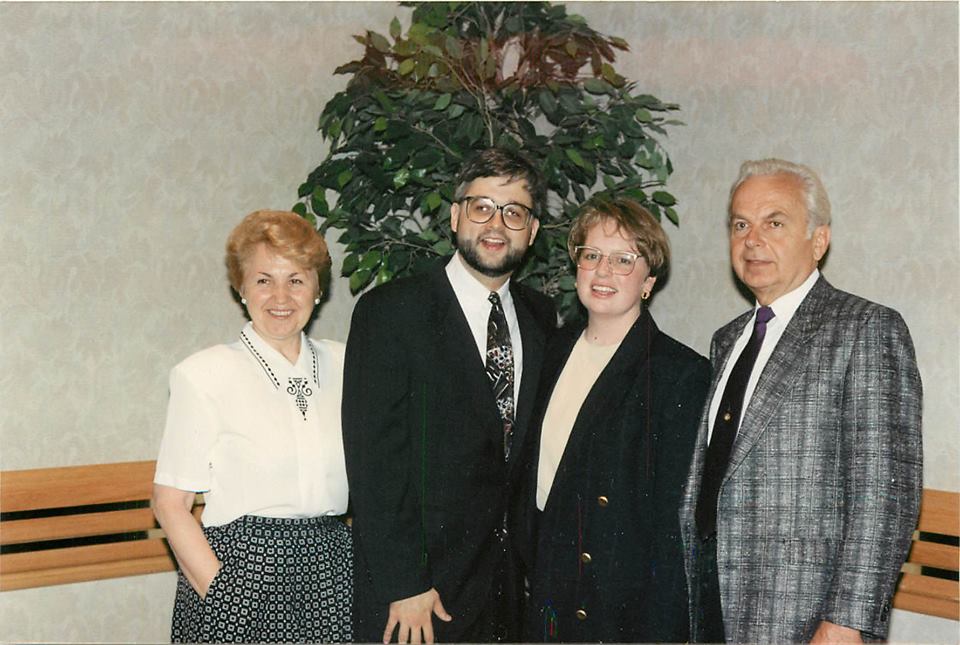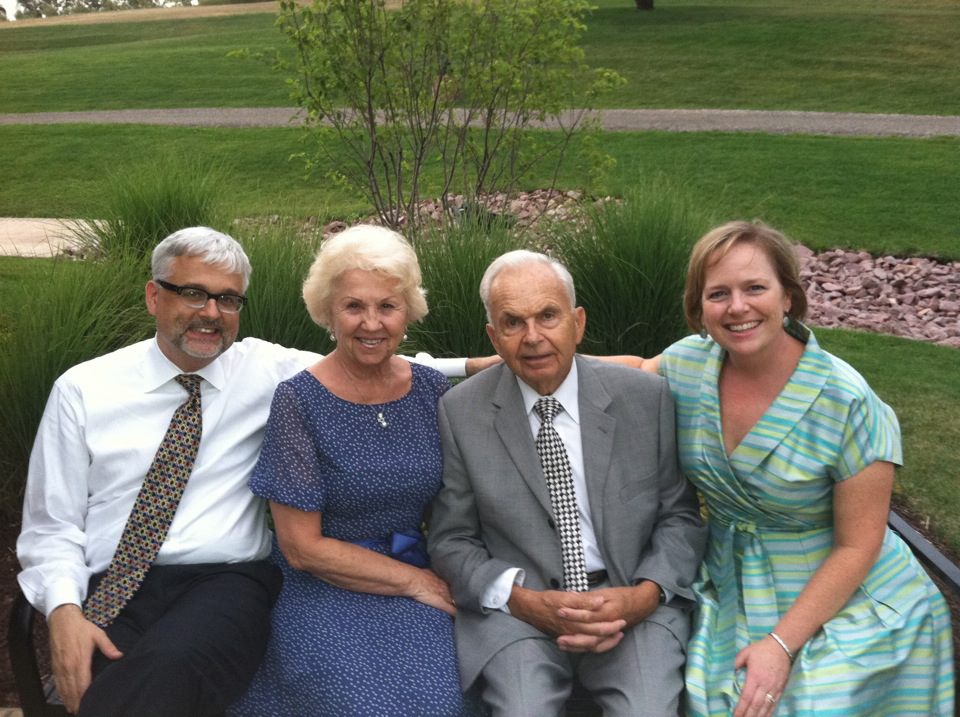March is Women’s History Month and to celebrate, I’d like to highlight just a few of the many women who have made their mark on history by practicing smart, impactful charitable giving. Undoubtedly these women believe in advancing philanthropy through “walking the walk” and moving the needle forward on what the modern philanthropy looks like. No longer is philanthropy limited to signing a big check, today’s do-gooders are creative, dedicated, and using social entrepreneurship to draw attention to pressing concerns of the world.
Melinda Gates
Gates, who has received her MBA from Duke, co-founded the Bill & Melinda Gates Foundation in 2000 with her husband. The couple has donated more than $36 billion to different charitable initiatives! Gates has been integral in expanding the reach of the foundation to include areas of focus ranging from global education to developing preventive measures and treatments for life-threatening illnesses, like malaria, tuberculosis, and HIV/AIDS. At the helm of the Foundation, Gates has persistently worked to combat global poverty and has raised awareness about important issues that demand practical solutions like “time poverty.”
Oprah Winfrey
No surprises here! The benevolent media mogul has given hundreds of millions to educational causes (including establishing the Oprah Winfrey Leadership Academy for Girls), endowed her own charitable foundation, and has supported a wide range of other charities ranging in fields from environmental, to arts and culture, to humanitarian. Oprah also regularly uses her platform of fame to encourage her fans/viewers to support charities they care about.
Sara Blakely
Youngest self-made female billionaire and founder of Spanx, Blakely was an early signer of the Giving Pledge, a call to action by founders Bill Gates and Warren Buffett encouraging billionaires to donate at least half of their wealth to charity. Additionally, her company’s foundation supports programs designed to empower underserved women and girls through education, entrepreneurship, and the arts.
Dr. Marilyn Simmons
Simons is president of the Simons Foundation. With a Ph.D. in economics, Simmons was uniquely poised to grow the 1994-established private foundation into a leading funder for math and scientific research.
Dr. Priscilla Chan
As a pediatrician, Chan has incorporated her medical training into the charitable and 501(c)(4) arms of the Chan Zuckerberg Initiative, which operates with ambitious goals such as “to cure, prevent or manage all disease in the next generation’s lifetime.” Also, in 2016, Chan founded The Primary School, a private, nonprofit school in East Palo Alto, California that offers both a high-quality education and healthcare services.
Inspired yet to make your mark and leave a lasting legacy? Of course, this is just a short list. This blog post could go on for days if we let it, as so many women are power players when it comes to charitable collaboration and effective resource management.
Believe me, you don’t need to be wealthy to make a difference and maximize what you can/want to give to your favorite causes and nonprofit organizations. Contact me to discuss strategies that are unique/work for you.
















